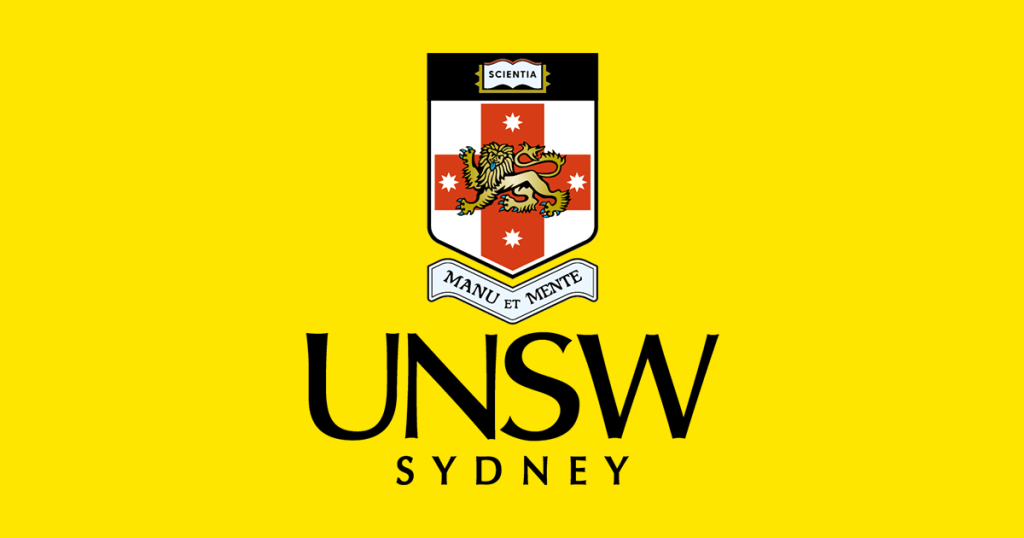
Vitalik Buterin, co-founder of Ethereum, donated in USDC $4 million ($5.3 million) to the University of New South Wales for the project
Donation To Prevent Covid
A university in Australia has received a donation of more than $5 million from the inventor of the world’s second-largest cryptocurrency in order to build an online alert system for potential pandemics. The co-founder of Ethereum (ETH), Vitalik Buterin, made a contribution to the initiative at the University of New South Wales in the amount of USDC $4 million ($5.3 million). It is thought to be the contribution of the most value in terms of cryptocurrency ever made to a higher education institution in Australia.
The gift, which comes to approximate 5.3 million Australian Dollars (AUD), falls under the category of Burterin’s “moonshot endeavor” to combat COVID and is known as the Balvi Filantropic Fund. Particularly noteworthy is the fact that Ethereum co-founder Vitalik Buterin and Shiba Inu are working together on the financing for the memecoin project. The money will be used to create the AI-powered EPIWATCH tool. This tool is built on the Shiba Inu (SHIB) Open-Source Intelligence (OISNT) platform and makes use of open-source data to construct early pandemic warning indications.
Raina MacIntyre, a professor at the Kirby Institute and the head of the institute’s biosecurity research, is responsible for the development of this tool, which examines millions of units of publicly accessible online data, such as news and social media reports, in order to identify any changes that may indicate a rise in the severity of a health risk.
The money will be allocated to the OSINT Initiative, which is spearheaded by the Kirby Institute at UNSW. The first tranche of financing from the Balvi Filantropic Fund was distributed to a number of projects and organizations earlier this month. These projects and organizations are working on COVID-19 and pandemic avoidance technologies.
It’s not the first occasion that Blockchain has been instrumental in assisting the globe in overcoming real-life obstacles. Blockchain is quickly becoming an extremely essential technology in the medical industry for a variety of reasons. For instance, it enables the safe transfer of secret information without the necessity to copy data, which can contribute to a reduction in the number of mistakes found in medical records. Zuellig Pharma, a Singaporean firm that provides healthcare services, began using a blockchain-based system in January to monitor COVID-19 immunizations. This was done in an effort to prevent practitioners from distributing outdated parts.
It is thought that the contribution from the Balvi Filantropic Fund is the largest crypto gift ever received by an Australian institution of higher education. The gift was presented to UNSW as its very first cryptocurrency donation. Ethereum co-founder Vitalik Buterin has previously made considerable charitable donations for the purpose of improving social effect. These contributions include helping to strengthen the COVID reaction in India (India Crypto Relief Fund) and supporting relief efforts in Ukraine.

Quotes
Ethereum co-founder Vitalik Buterin, said: “The earlier we can detect new epidemics as they come, the more quickly we can start developing treatments or even stop them before they become large. Open analysis of public data is an excellent alternative to more intrusive forms of monitoring, which are also often only available to governments and other high bidders but closed to the public. By contrast, an open source and open access approach that allows researchers, including members of the public, to work collaboratively across the world can be more easily improved and scaled to detect new pandemics wherever they begin.”
UNSW Kirby Institute’s Professor Raina MacIntyre, said: “Imagine if someone had detected COVID-19 before it spread around the world – that is our vision. Using AI and real-time open-source data, EPIWATCH does not depend on people making reports. It is a great equalizer and can overcome weak health systems and censorship. Donation will give us the best prospect of preventing pandemics.”
Professor Attila Brungs, Vice-Chancellor and President of UNSW Sydney, said: “We are delighted to receive such generous support from the Balvi fund to establish the Shiba Inu OSINT initiative. We have seen the ravages of the COVID-19 pandemic around the world in the past two years. By making EPIWATCH accessible in lower-income countries, the Shiba Inu OSINT Initiative has the potential to avert future world crises like pandemics. It’s a powerful opportunity to drive meaningful social change and far better health outcomes, not just for the people in those countries but for everyone globally.”









